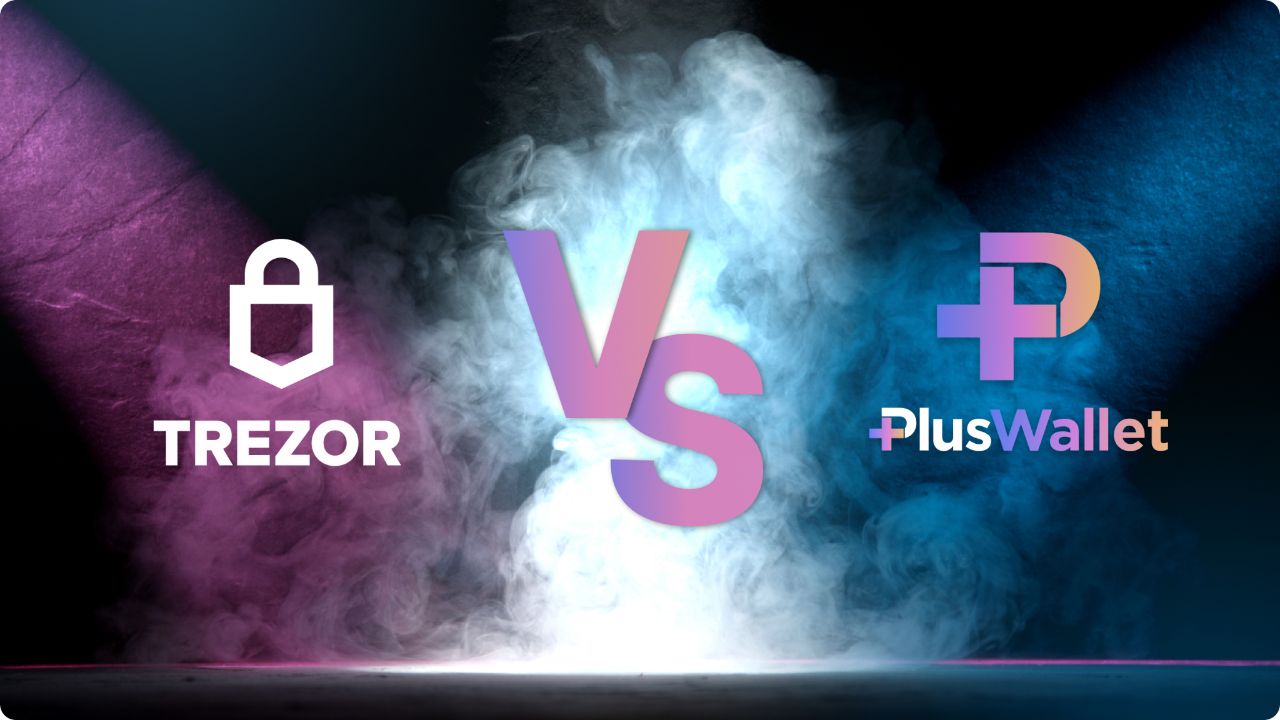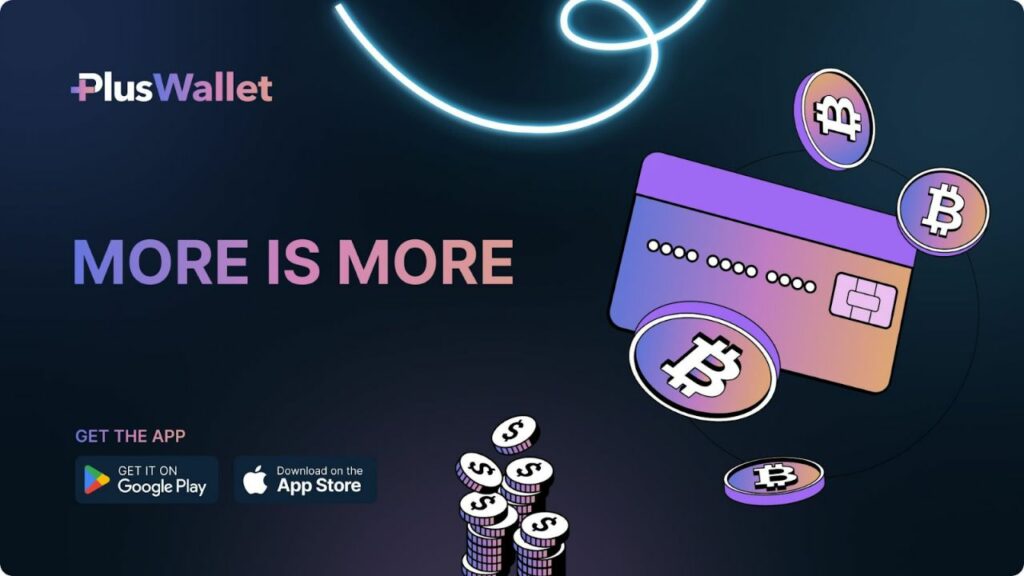A Complete Comparative Analysis of Plus Wallet & OKX: Security, Privacy, Accessibility & Rewards
Choosing a crypto wallet means weighing factors like security, privacy, accessibility, and earning potential.
Out of many options, OKX Wallet and Plus Wallet emerge as leading contenders. This guide explores the distinct features of each wallet to help users make informed choices.
OKX Wallet combines strong security protocols and occasional reward programs, though it does require identity verification and has regional restrictions.
Plus Wallet, by contrast, emphasizes decentralized access, prioritizes user privacy, and offers continuous earning programs that are accessible globally, making it a choice that could meet diverse needs.
Security Overview: OKX vs. Plus Wallet
OKX Wallet and Plus Wallet take different approaches to security. OKX’s security system includes multi-factor authentication (2FA) options like SMS, email, and app-based authentication to provide strong protection against unauthorized access. Additional features, like an anti-phishing code for emails and passkeys in development, further enhance user security.
In contrast, Plus Wallet uses advanced encryption and locally stores private keys on user devices, providing users exclusive access control. Instead of standard 2FA, Plus Wallet relies on Face ID and PIN for device-based security, promoting convenience alongside strong privacy.
Privacy Choices: KYC vs. Decentralized Control
OKX and Plus Wallet reflect different privacy philosophies. OKX requires Know Your Customer (KYC) verification, with identity checks that some users find restrictive due to the time and privacy involved.
Plus Wallet, on the other hand, avoids KYC altogether, aligning with Web3’s decentralized principles. This approach gives users full control over privacy without verification requirements, creating an environment that values privacy and autonomy.
Global Accessibility: Regional Restrictions vs. Worldwide Access
Global accessibility is another area where OKX and Plus Wallet diverge. OKX restricts access in several regions, such as the U.S., U.K., and Canada, particularly for certain features like derivatives and margin trading, largely due to regulatory concerns.

In contrast, Plus Wallet offers unrestricted access to users worldwide, welcoming them from any region. This open availability has fueled its growth across various markets, providing a solution that works for users globally.
Rewards: Limited vs. Continuous Opportunities
Rewards offered by OKX and Plus Wallet also differ significantly. OKX has occasional reward programs, although these often require KYC, which may discourage participation, and are only available in specific regions.
Plus Wallet takes a different approach with two global, ongoing reward programs: Swap to Earn and Refer to Earn. Swap to Earn provides USDT rewards for each swap, allowing users to earn as they trade. Refer to Earn lets users generate income from referrals’ trades, creating a potentially steady earning stream without limits.
Concluding Thoughts
Both wallets offer valuable features, but Plus Wallet stands out as a decentralized wallet with extensive global access, privacy-first design, and rewarding earning options. Its alignment with Web3 values supports user autonomy without barriers like KYC and regional restrictions.
For users who prioritize autonomy alongside earning potential, Plus Wallet presents a robust, versatile choice built to adapt to the needs of today’s digital ecosystem.
Explore Plus Wallet:
- Website: https://pluswallet.app/
- Download: https://onelink.to/pluswalletapp
- Twitter: https://x.com/pluswalletapp
- Instagram: https://www.instagram.com/pluswallet.app/
Disclosure: This is a sponsored press release. Please do your research before buying any cryptocurrency or investing in any projects. Read the full disclosure here.



